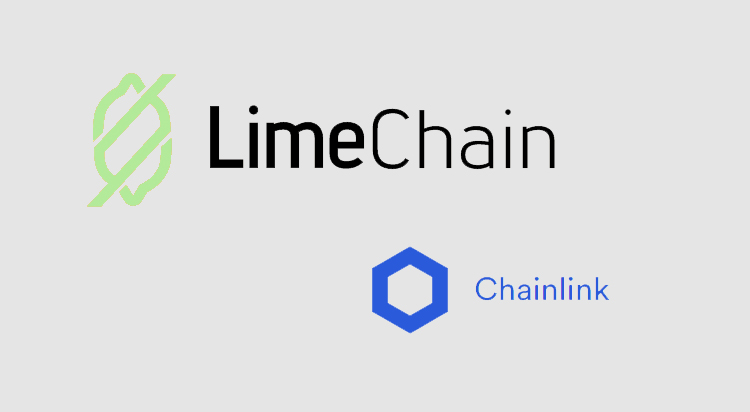Limechain, a blockchain development and solutions provider, announced today a new developer product that leverages Etherlime, its development framework based on ethers.js and Chainlink, a decentralized oracle provides external off-chain data to smart contracts.
The new “Etherlime Chainlink shape” product aims to speed up and stabilize the development process around bringing real-world data on-chain.
Limechain and Etherlime
A global provider of DLT and blockchain solutions to clients worldwide, Limechain focuses on development for public and private blockchains, as well as smart contracts.
LimeChain has focused on innovation and giving back to the community. One of these give-back moments brought to life Etherlime, an Ethereum development framework based on ethers.js.
Etherlime has been supported by ECF and ETHPrize and used by some of the flagship Ethereum projects.
Etherlime + Chainlink
One of the core features of Etherlime is the development of “shapes,” a boilerplate project ready to be continued by any developer. A few popular shapes are those for React, Angular, Vue and Monoplasma.
Now the Limechain team has combined the power of Etherlime with the flexibility of Chainlink to create “Etherlime Chainlink shape.”
Through the cli-command for code scaffolding, the “Etherlime Chainlink shape” creates a ready to use dApp with Chainlink already integrated into it and all the settings needed to run automatically generated.
“The Chainlink shape we’ve developed presents a smart contract that uses the Chainlink ecosystem (a decentralized oracle that can provide external data to smart contracts). It contains a Chainlinked contract that has the ability, for example, to send a request to the CoinMarketCap API for the most recent price of any given coin in any particular market. It also records received data on the blockchain and comes with scripts for local and test net (Ropsten) deployment. The provided tests show examples for local usage of the contract and an already deployed testnet contract that is filled with Link tokens needed to make requests.”
– The Limechain Team
For more information on how to use “Etherlime Chainlink shape” see the developer documentation.
“This integration will significantly speed up the process of creating, testing and deploying new dApps that base their business logic on data provided by the Chainlink system. The developers that prefer Etherlime and ethers.js now have viable options to develop their, fast, stable and scalable dApps that incorporate real-world data and systems.”
– George Spasov, our Limechain Co-founder
